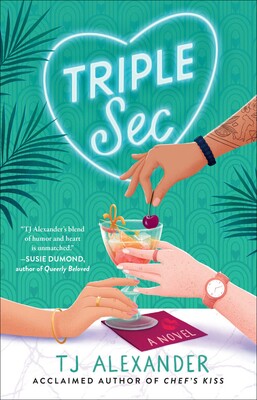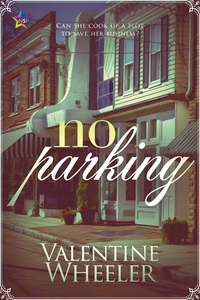Buy this from Bookshop.org to support local bookstores and the Lesbrary! Before this book had even come out (happy release day, Triple Sec!), I’d already been recommending it nonstop on Our Queerest Shelves. Ever since I finished it, I haven’t been able to stop talking about. It’s definitely one of my favourite books of theRead More
The Official Sapphic Sequel to Haunting of Hill House: A Haunting on the Hill by Elizabeth Hand
Buy this from Bookshop.org to support local bookstores and the Lesbrary! To say I went into this with high expectations would be an understatement. As soon as I heard there was an official sapphic The Haunting of Hill House sequel coming out, it became my most anticipated book release of the year. I am firmlyRead More
Danika reviews Murder Most Actual by Alexis Hall
Clue is my all-time favourite movie, and I’m a sucker for any kind of snowed in story, so when I heard the premise for Murder Most Actual, I was immediately hooked. It follows Liza and Hanna, who have booked a getaway in a fancy hotel in the Scottish Highlands to try to patch up theirRead More
Danika reviews Snow Falls by Gerri Hill
Amazon Affiliate Link | Bookshop.org Affiliate Link Every year, I plan on spending December reading seasonal books: Christmas romances, wintry fantasy novels, snowed in stories, and so on. And every December, I find myself with an “urgent” TBR that pushes those books off my reading list. There are always ARCs to review, books to readRead More
Maggie reviews No Parking by Valentine Wheeler
I received an ARC of No Parking by Valentine Wheeler and was instantly intrigued by the description. Older main characters, bi and ace characters, they’re snowed in together? I’ll pick that up! And No Parking delivered. I found it a delightful read that had me cackling with delight as legal shenanigans and small town dramaRead More


